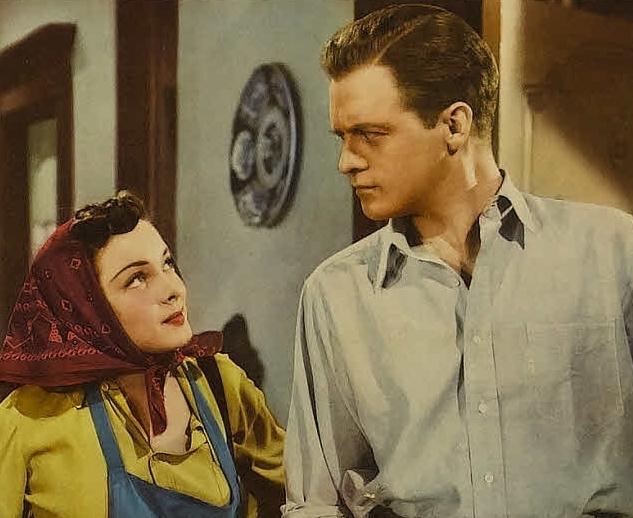Commentary
Sometimes a passing moment in a movie grows more poignant as years go by. A brief scenario or simple line may be relatively insignificant at the time of a film’s release but gain deeper relevance long after its release. That’s one reason why classic movies are so valuable to watch today. Besides their inherently high artistic value, they are full of meaningful moments, whose lessons are more important now than ever before.





